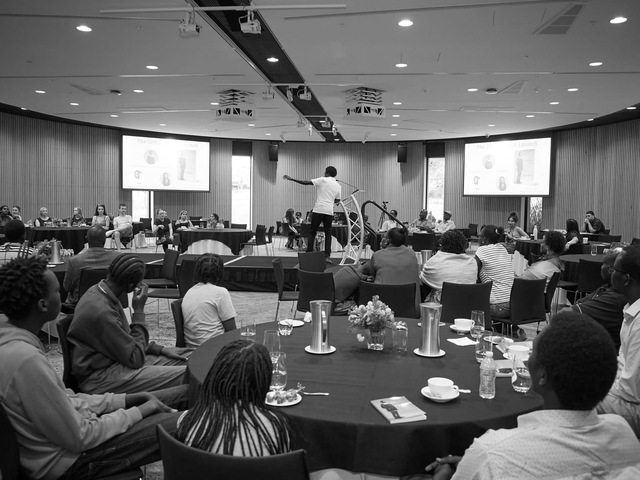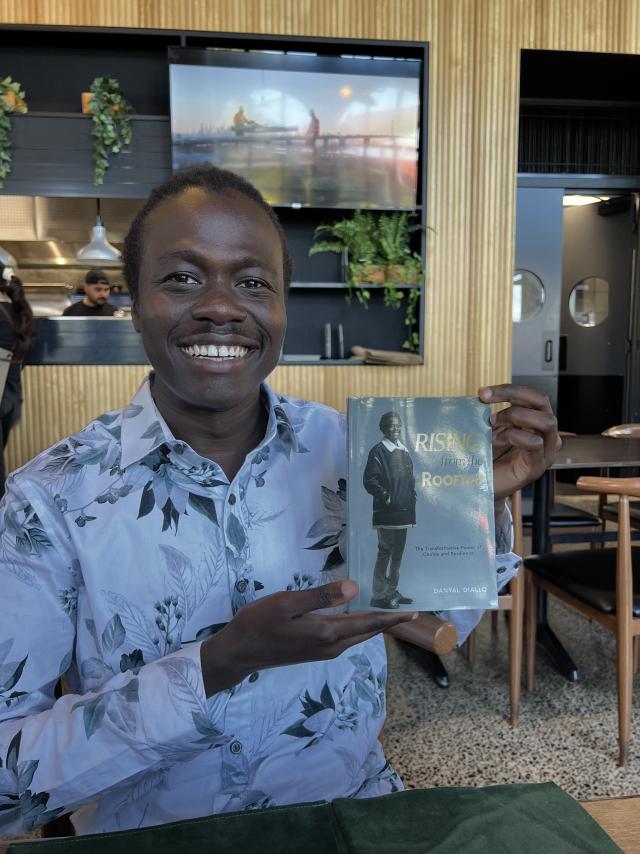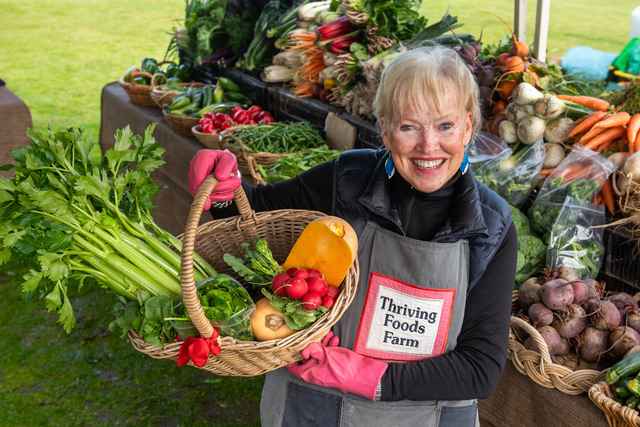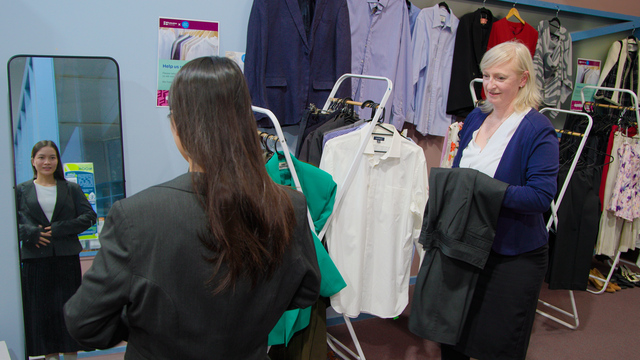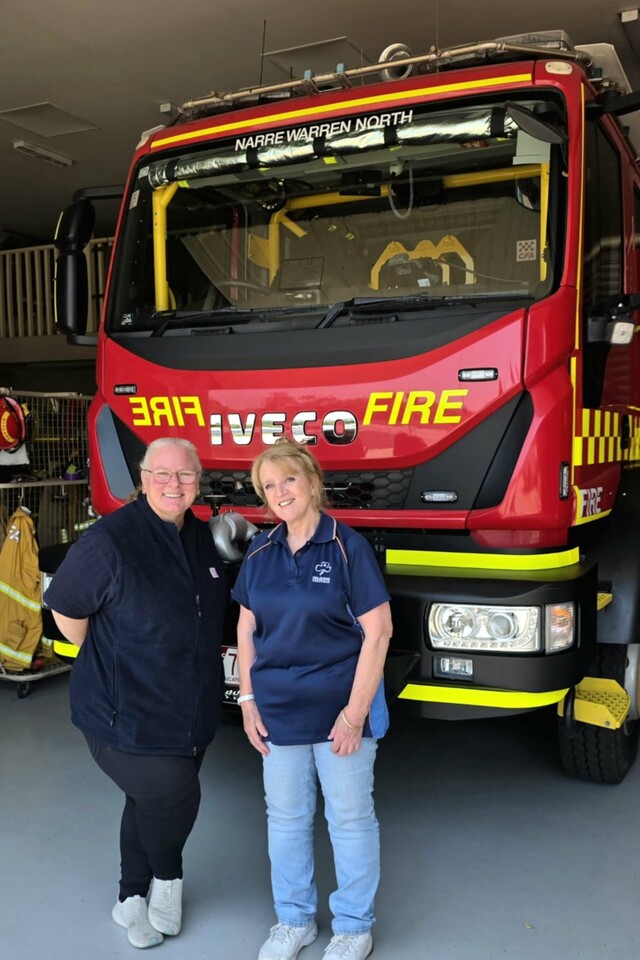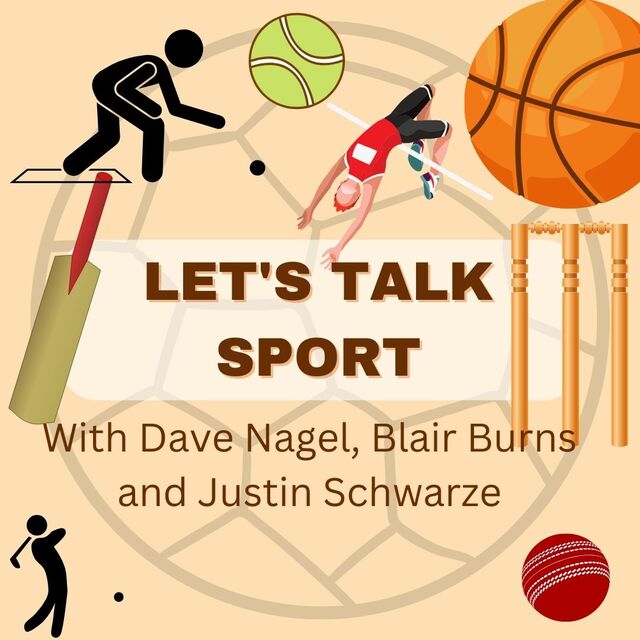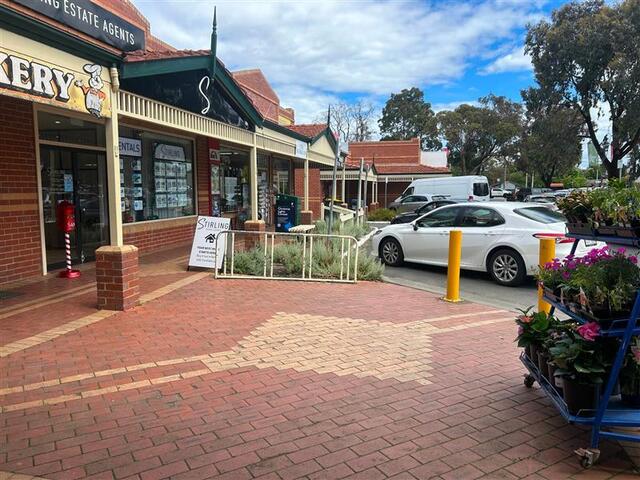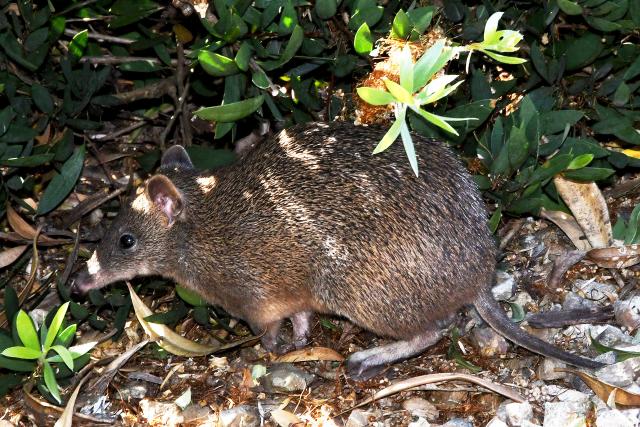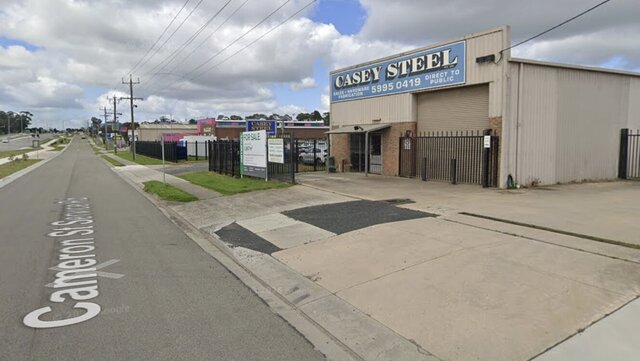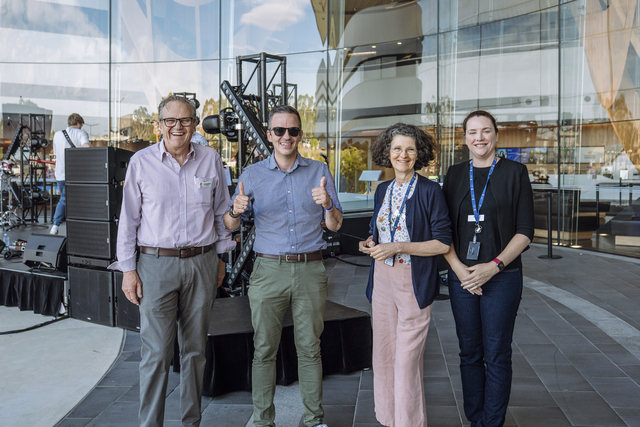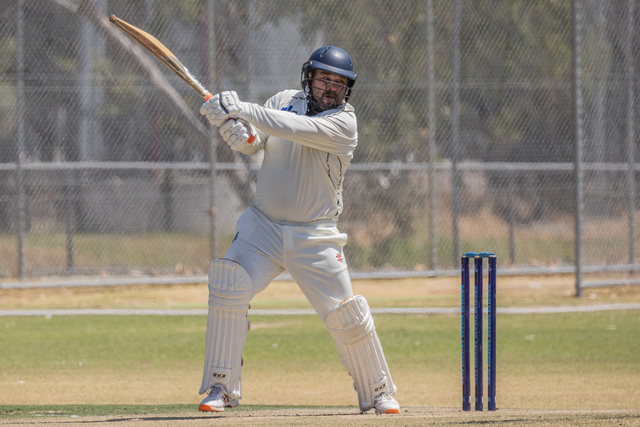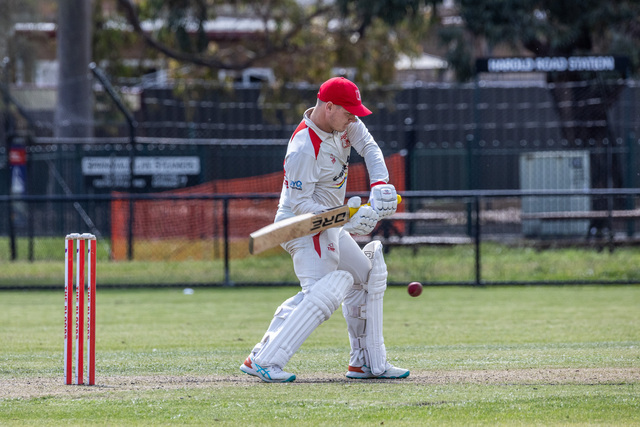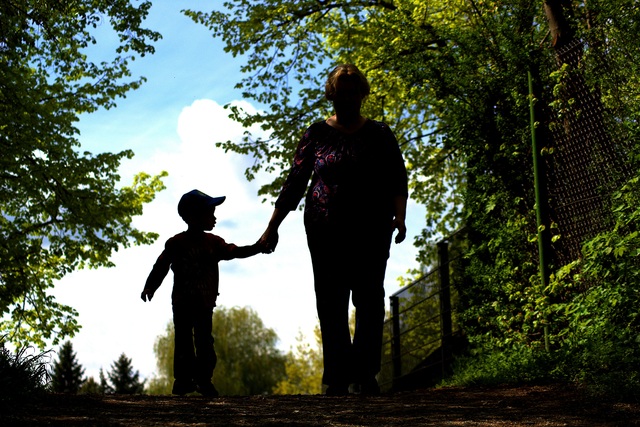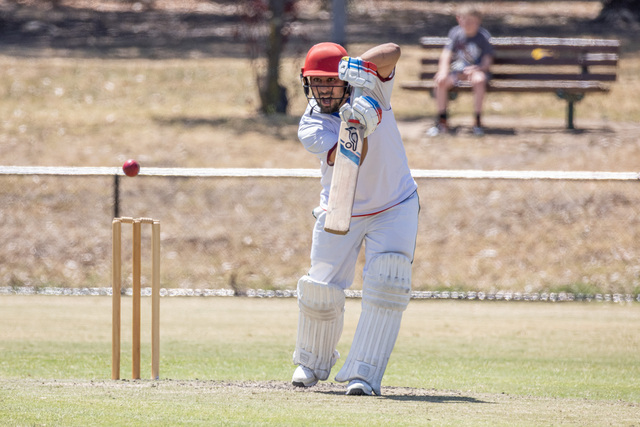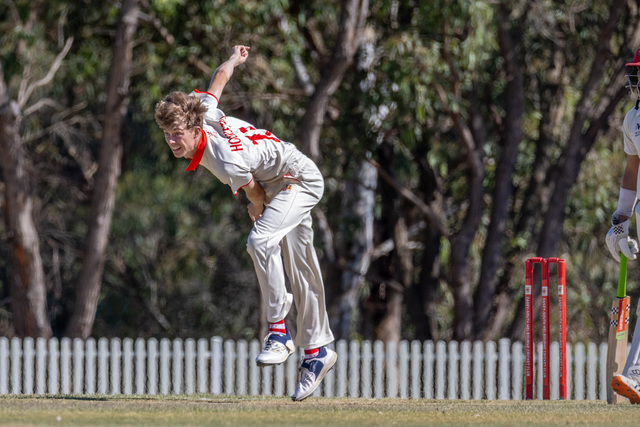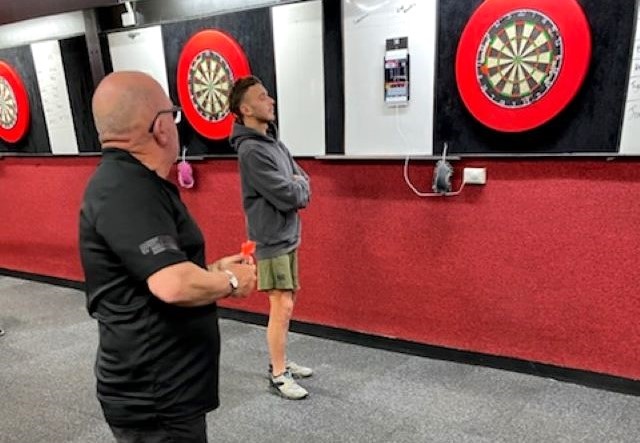Fears of safety have prompted the organisers of a youth community outreach group to postpone their event on Sunday, August 31, as swathes of anti-immigration rallies ramp up across Australia.
Despite being roughly an hour away from the closest planned rally in Melbourne CBD, Danyal Diallo, a Casey author and public speaker associated with the community organisation, said that while he understood the frustrations about the impact of immigration, he is deeply concerned about the approach that is being taken.
“I believe it’s essential to approach these discussions with empathy and a nuance of understanding of the complexity involved,” he said.
He added that immigration continues to be a strong driving force for Australia, one that is ingrained in the country’s history, identity, and one that “continues to enrich our culture, economy and communities”.
“While I acknowledge that some people may have legitimate concerns about the pace of change or the changes that come with integration, I worry that these protests might be fueled by misinformation and stereotypes,” he said.
The rallies Diallo is referring to revolve around the ‘March for Australia’ protests, which the SBS described, quoting the marches’ organisers, as an end to “mass migration” and a reclamation of Australian identity.
With requests to remain anonymous, Diallo said that the group and its organisers had planned an alcohol and drug awareness event to be held in Cranbourne North, with goals to raise awareness, especially for vulnerable youths.
Diallo himself centres his conversations around five key aspects, those being: cultural awareness, breaking stereotypes, mental health and self-care, fulfilling a social purpose, and finding where to begin.
“At the end of the day, safety is our priority; when we see things like this happening in the community, we reassess and reconvene at a later date,” Diallo said.
On the rallies’ organiser website, their ‘About’ page runs the slogan ‘Our Future, Our Fight’, adding that Australian streets have seen “growing displays of anti-Australian hatred, foreign conflicts, and disintegrating trust, whilst mass migration has torn at the bonds that held our communities together”.
Key rallies have been planned throughout the country, from Flinders Street Station in Melbourne, Belmore Park in Sydney, Roma Street Parklands in Brisbane, Anzac Memorial Park in Townsville, Salamanca Lawns in Hobart, and the Civic Centre in Darwin.
Diallo, who in 2019 held a TEDx presentation on breaking down stereotypes, said that “a lot” of the concerns start with misinformation, something he feels is bolstering the planned rallies.
“It’s crucial to recognise the contributions that immigrants make to our society, from creating businesses and jobs to enriching our culture and diversity,” he said.
“I’d like to see more constructive conversations about how we can work together to address the real challenges facing our communities, such as housing affordability, job security, and access to health care.
“By engaging in respectful and informed dialogue, I believe we can build a more inclusive and compassionate society that benefits everyone.”
The SBS article, published on 14 August, delved into the background of the marches, and while it remains unclear as to who exactly is behind the movement, extremists such as Thomas Sewell, leader of the neo-Nazi Nationalist Socialist Network, had allegedly tried to claim the march as his group’s event.
The group, on their official Instagram page, had distanced themselves from such figures, with a spokesperson telling the SBS that the “attempts to hijack March for Australia for other issues, or to make it about any one group, are not in the spirit of the movement that we have taken custody of”.
A week prior to the article’s publish date, Sewell led a group of masked neo-Nazis through Melbourne’s CBD just after midnight; Sewell was also among the group of neo-Nazis during the lake gathering at Berwick Springs Lake / Guru Nanak Lake in November 2024.
However, instead of rash actions, Diallo emphasised the importance of constructive conversations, saying that he loves “the idea of the community getting together and workshopping issues”.
“I think that’s such a wholesome view on how we can sit together and actually talk through the issues that are of concern to us, rather than going on the street with limited or misinformation,” he said.
When asked if he thought the protests were a loud minority, he said that there is a high chance they are, but nevertheless remained steadfast that their concerns are valid and must be addressed in a balanced manner.
Diallo further said that the works of community organisations, such as the one he is a part of, play an important role in “informing others within the community”.
“They educate and ensure that newly arrived immigrants are well, because as an immigrant escaping or coming from a country where there was war, then coming to Australia, which is more peaceful, could take some adjustment.
“So getting into a community organisation that focuses on education and running workshops throughout the year provides a good sense of belonging and community to newly arrived individuals.
“And for those who have been fuelled by misinformation, I highly and strongly encourage a constructive conversation and even encourage them to come visit and sit down with a community organisation, I think that’s where it starts,” he said.

